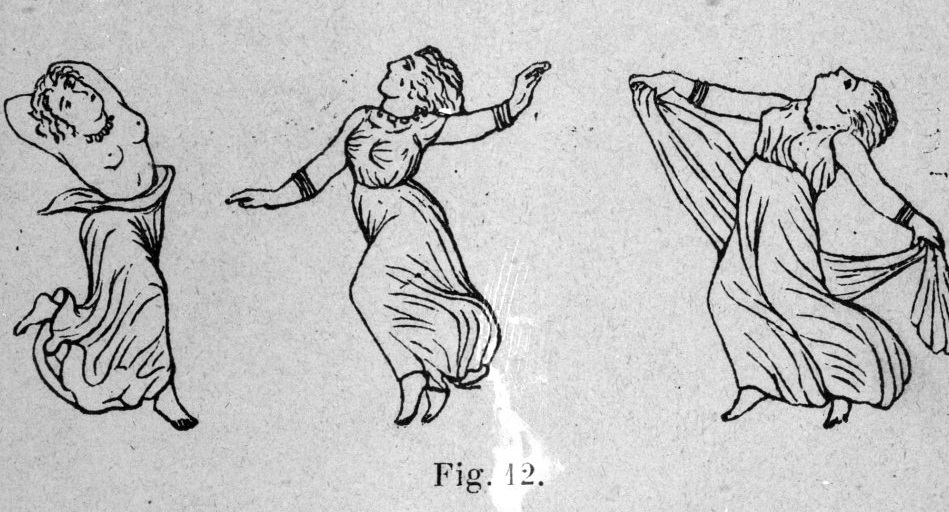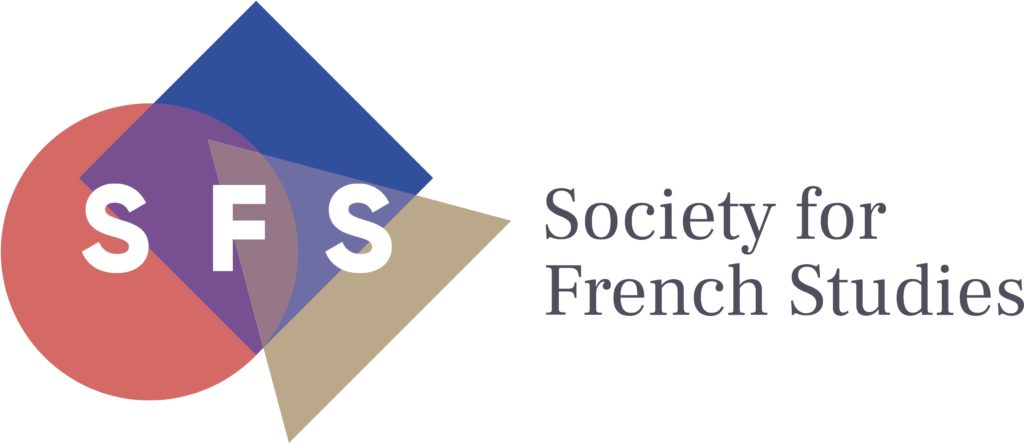Dr Kit Yee Wong reports on the symposium that she organised at the IMLR in September 2019, generously supported by the Cassal Endowment Fund and the Society for French Studies

What is sickness and the ‘pathological’ body? How can literature and film help us find out? This international cross-disciplinary symposium in September 2019 at the IMLR brought together ten researchers (from the UK, Turkey, Germany and Australia) working on the intersection between the Modern Languages, literature, and ideas of sickness to discuss these questions. The papers covered the mid-nineteenth century to the present, tracing the birth of modern medicine. We saw that the growing professionalisation of medicine was entwined with politics and cultural biases across the five nations that were discussed: Spain, France, Turkey, Italy and Germany. The three panels looked at the nation(s), subjectivity and therapy/cure.
The language of pathology infiltrated literature across Europe. Writers in nations such as France, Spain and Turkey described key moments in their countries using this new lexicon of sickness. The metaphysical and the clinical became transposed in the national arena, and this was reflected by writers. For authors such as George Sand (1804–76) and Pío Baroja (1872–1956), metaphors of illness and disease helped them write about France and Spain. Ideas around sickness circulated throughout Europe: the nineteenth-century cultural phenomenon of degeneration was widespread. Pathology described the state of the nation, and not economics; cultural anxiety demanded healthy bodies for a healthy nation. Nothing but the collective will could save the nation. Simultaneously, the figure of the doctor would be someone who could heal both people and society.
Medicine was supposed to reveal the ‘truth’. The word vérité (truth) appears frequently in Louis-Ferdinand Céline’s 1924 biography of the Hungarian doctor Philippe Ignace Semmelweis (1818–65). Yet, we need to turn to literature and film to uncover the truth behind sickness. Under the patriarchal framework of Francoist Spain (1939–75), male identity was forged through a mythical embodiment of man using a military model, creating the hypermasculine national ideal of the ‘yo ideal’. Two Spanish films (Calle Mayor, 1956; Los golfos, 1959) worked to undermine this hegemonic masculinity by depicting male anxiety. From psychological alienation to alienation of the body, Marie Darrieussecq’s 2017 novel Notre vie dans les forêts focuses on our desire for human perfection through transhumanism. The text itself reveals the profound difference between individual and institutional (medical) meanings of the body. Illness becomes a sign of humanity in the novel, with the narrative’s discontinued form.
The entanglement of text and medical discourse continued in the discussion of Alfred Döblin’s (1878–1957) Expressionist stories. In his ‘psychiatric aesthetics’ on the ideology of the will over the body, Döblin critiques the normalising rules of society. As with Darrieussecq, the narrative sense is subverted by the bodies that underwrite them. But literature also provides restoration: two papers offered pathography and the act of translation as instruments of healing. Anne Cuneo (1936–2015) and Lydia Flem (1952–) wrote accounts of their breast cancer to regain their identity. The stories were a quest for reclaiming the self in voicing the corps médical (medical body). This act of healing was important for another paper, where illness is a ‘foreign tongue and land’ and translation becomes therapy: it allows the ability to express illness in one’s own words, and to translate the doctor’s jargon into comprehensible language. Again, we encounter the alienating effect of medical terminology in contrast to the everyday language of the patient.
The keynote talk re-emphasised the link between political and biological language from the nineteenth century to the present day, a technique used by politicians against migrants. Echoing previous papers, the body was understood to be at once national, social and individual — if sickness affects one, it affects them all. Many linguistic commonalities between literature and medicine were highlighted: ‘poison’ was a common nineteenth-century French euphemism for syphilis, beginning with Balzac. Focusing on cells, viruses, bacteria and skin as being part of the political-biological concepts underpinning the notion of borders as defenders of health, keynote speaker Steven Wilson (Queen’s University Belfast) argued for novels on ‘insides’ in disease literature.
The symposium was valuable in seeing how literature and film convey the body as the locus of society’s anxieties, and the related movement of ideas through Europe. In particular, the cross-disciplinary aspect was revelatory. Seven of the talks are available as video from the IMLR website.
Dr Kit Yee Wong (Birkbeck, University of London)
Conference twitter account: @pathbodylit

